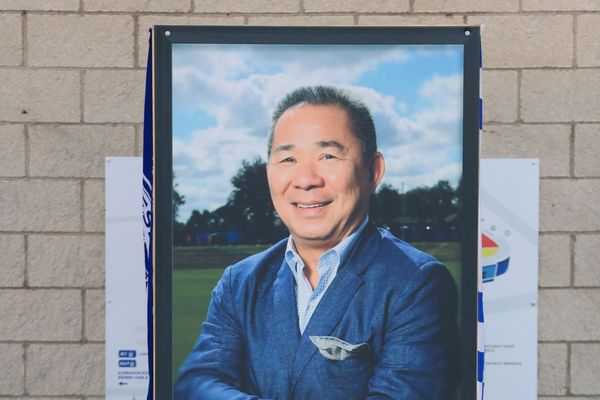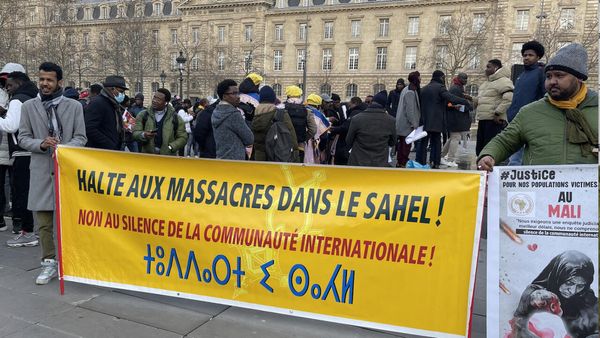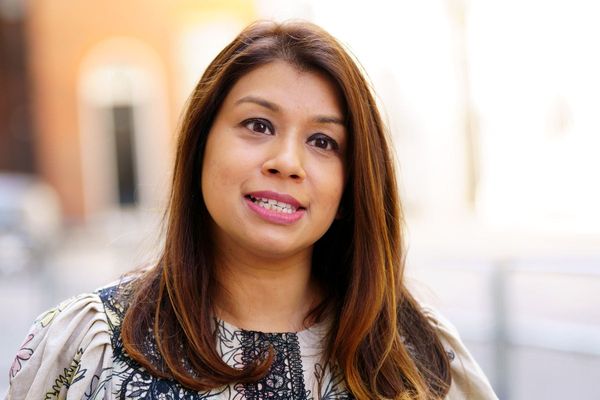
Jed Suliman was excited about progressing through the interview stages for an accounting job at a prominent bank.
But he was left dumbfounded when he was rejected because they requested a police check from Syria, the nation he escaped in 2015.
"They asked for a police check from Syria. Theoretically speaking, how would I even go about getting it?," he told AAP on the sidelines of a bustling employment expo targeting refugees and new migrants in Western Sydney.
"We ran away for our lives because of the war and the police and now here they're chasing us, in a way."
AAP has not named the bank at Mr Suliman's request.
Hailing from the Mediterranean port city of Latakia, Mr Suliman arrived in Australia as a humanitarian entrant six months ago, after spending seven years waiting in Iraq for his application to be processed.
The 31-year-old has hit the ground running since arriving, converting his accounting degree from Syria to its Australian equivalent and attending TAFE to strengthen his English language skills.
But he has hit stumbling blocks as a humanitarian entrant of a professional background, including the demand for local experience.
"I am not equal with locals in the job market because employers always ask for local experience, which I don't have," he said.
"Accounting systems are all pretty much the same around the world with slight variations here and there and if there are any gaps, I can fill them with training on the job."
Research conducted by the University of Sydney and the Crescent Foundation earlier in 2023 shows his experience is far from unique, with employers hesitant to take a chance on refugees and asking for impossible paperwork.
Western Sydney-based Core Community Services is trying to solve the labour challenge for refugees with tailored initiatives.
One of their programs encourages refugees to enter the healthcare industry by providing training in partnership with the state government and TAFE.
Another stream connects Western Sydney University with overseas qualified medical general practitioners to get their degrees recognised.
"One of the main barriers for professionals - whether it's medicine, dentistry or engineering - who have a wealth of experience ... is they have to start from scratch," Core's CEO Juana Reinoso said.
"There isn't a more streamlined way of recognising qualifications and they often have to learn a new language, and it's not just a verbal thing."
In a 2023 report, the group recommended setting up an overseas qualifications unit in NSW and for the federal government to invest in fit-for-purpose English classes for specific trades.
The Albanese government committed more than $9 million in the May budget towards improving employment outcomes for refugees and migrants.







